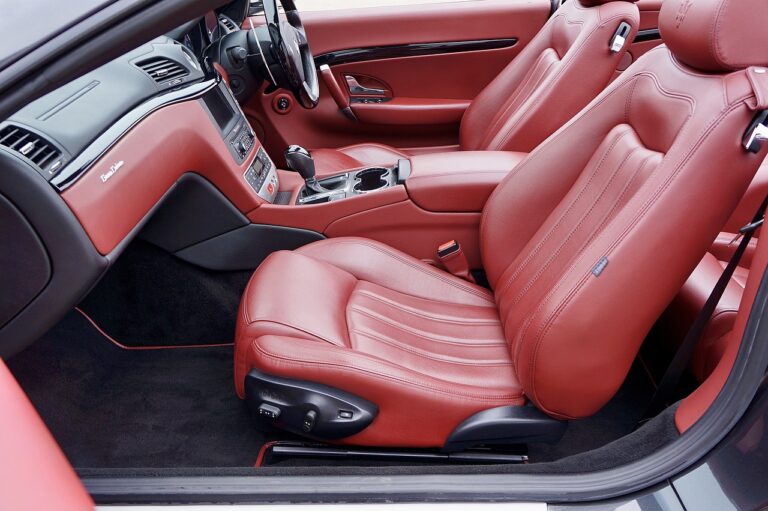The Role of Emotional Design in Electric Vehicle Adoption
Electric vehicles (EVs) have gained increasing popularity in recent years due to a variety of key factors influencing consumer adoption. One significant factor is the growing awareness and concern for environmental issues, such as climate change and air pollution. The shift towards EVs is seen as a more sustainable transportation option that can help reduce carbon emissions and minimize the impact on the environment.
Another important factor driving the adoption of electric vehicles is the advancement in technology, particularly the improvement in EV battery technology. As battery technology continues to evolve, it has led to increased driving ranges, faster charging times, and overall better performance of electric vehicles. Consumers are more inclined to switch to EVs when they see improvements in battery technology that address concerns such as range anxiety and charging infrastructure.
• Environmental awareness and concern for climate change and air pollution
• Sustainability of EVs in reducing carbon emissions and environmental impact
• Advancements in EV battery technology leading to increased driving ranges, faster charging times, and better performance
• Addressing consumer concerns such as range anxiety and charging infrastructure with improved battery technology
The Impact of Emotional Design on Consumer Behavior
Emotional design plays a crucial role in shaping consumer behavior towards products and services. When it comes to electric vehicles, incorporating elements that evoke positive emotions such as joy, trust, and excitement can significantly influence consumer perception and purchase decisions. By creating a strong emotional connection through features like sleek design, user-friendly interfaces, and eco-friendly messaging, manufacturers can tap into the psychological factors that drive consumer behavior.
Consumers often make purchasing decisions based on how a product makes them feel rather than just its functional aspects. A well-designed electric vehicle that not only meets practical needs but also appeals to consumers’ emotions can foster a sense of attachment and loyalty. Brands that understand the importance of emotional design in influencing consumer behavior stand a better chance of not only attracting new customers but also retaining them in the long run.
Psychological Factors Driving Electric Vehicle Purchase Decisions
When it comes to the psychological factors that drive electric vehicle purchase decisions, perceptions of environmental consciousness play a significant role. Many consumers are increasingly concerned about their impact on the environment and opt for electric vehicles as a more eco-friendly transportation option. The desire to reduce one’s carbon footprint and contribute to sustainability efforts serves as a strong motivator for choosing an electric vehicle over traditional gas-powered cars.
Additionally, social influence and status symbolism are important psychological factors influencing electric vehicle purchase decisions. As electric vehicles are associated with being modern, innovative, and affluent, individuals may be inclined to buy them to align with societal trends and project a certain image. The appeal of being seen as socially responsible and forward-thinking can heavily influence consumers’ decisions to invest in electric vehicles, reflecting a desire for status and recognition within their social circles.
What are some key factors influencing electric vehicle adoption?
Some key factors influencing electric vehicle adoption include environmental concerns, government incentives, and advancements in technology.
How does emotional design impact consumer behavior when it comes to electric vehicles?
Emotional design can play a significant role in consumer behavior by creating a positive emotional connection with the product, leading to increased purchase intent and loyalty.
What are some psychological factors driving electric vehicle purchase decisions?
Psychological factors driving electric vehicle purchase decisions can include social influence, perceived status symbol, and personal values related to sustainability and eco-friendliness.







